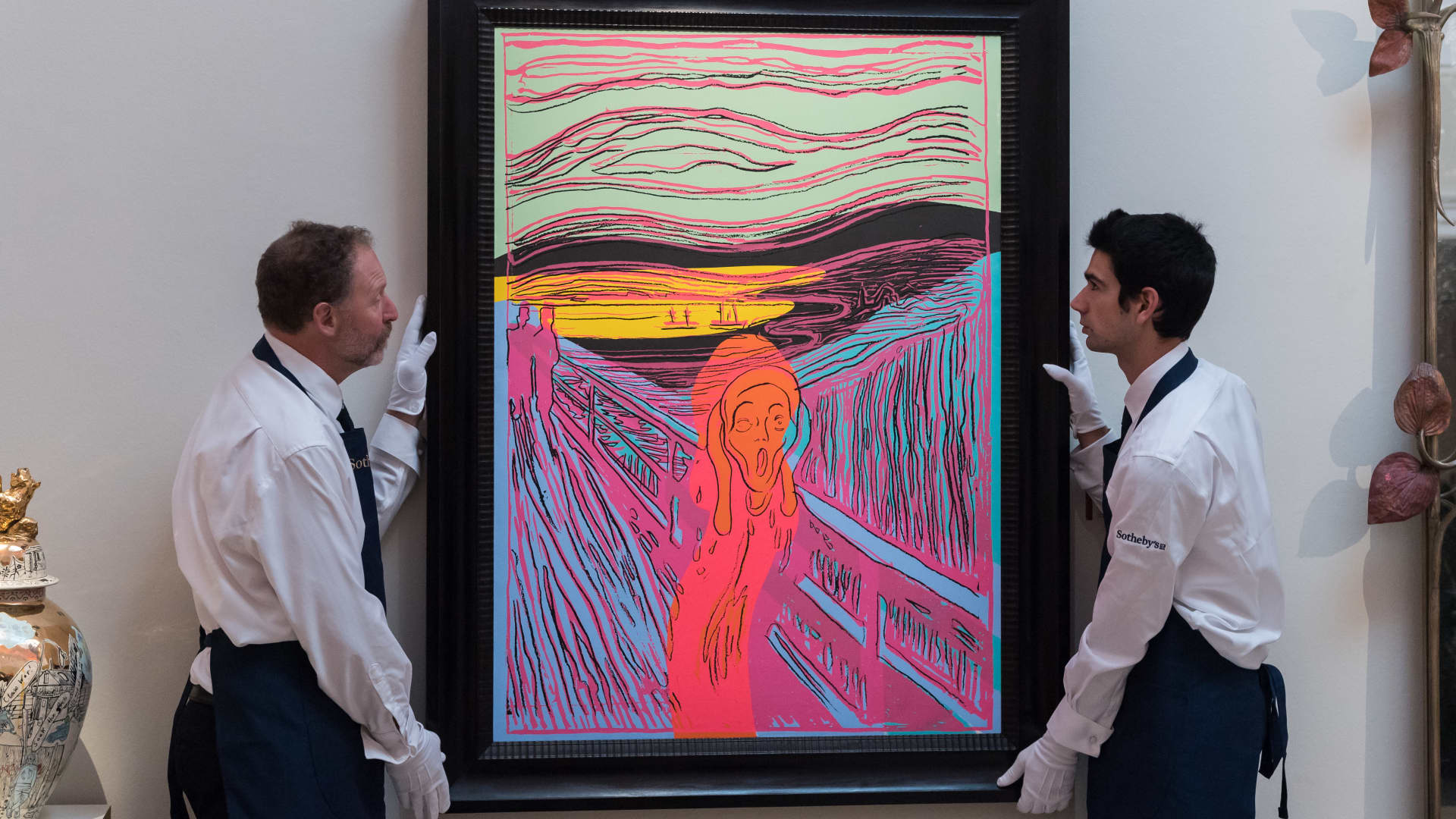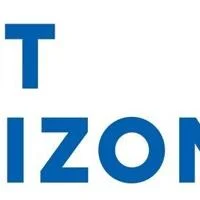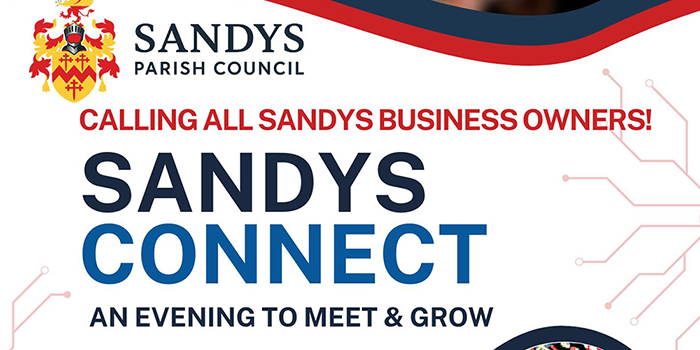
From high-end masterpieces to lower-priced works, art has become an important part of some investors’ diversified portfolios. For Corient, it is one way to cater to its ultra-high-net-worth clients, which will soon expand across the globe. The wealth-management firm, headquartered in Miami, recently announced the acquisitions of two Europe-based firms: multi-family-offices firm Stonehage Fleming and wealth manager Stanhope Capital. Once the deals close early next year, Corient will handle about $430 billion in assets. The expansion means clients can enjoy a seamless experience investing not just in global stocks and bonds, but in alternative investments as well, CEO Kurt MacAlpine said. “We’ve picked up some additional capabilities like art management, which we didn’t do on our own, merchant banking, which we didn’t do on our own, that we’ll bring to the U.S.,” he said. “Then they’ll pick up capabilities, like our aviation business that they didn’t do, and extend it to their clients globally as well.” Corient’s private aviation business offers access to small- to large- luxury aircrafts for select clients. Meanwhile, Stonehage Flemming, based in the United Kingdom, has a full-scale art management service that includes cataloging and insurance, as well as oversight of purchases and sales. Passing down generational wealth These days, it’s important to have a global focus, particularly as investors look to pass down wealth from one generation to the next, MacAlpine said. The firm currently has about 20,000 high- and ultra-high-net-worth clients and 32 offices across the United States. “Wealth is getting handed down at a faster rate,” he said. “As money naturally continues to get handed down, families themselves tend to expand. People are naturally going to globalize.” Some $105 trillion in assets will be passed down to heirs through 2048, according to Cerulli Associates , in what is being referred to as the “Great Wealth Transfer.” An additional $18 million is expected to go to charity. Corient aims to differentiate itself from its competitors by embracing a professional services partnership, in which the company is owned and operated by about 250 equity partners, instead of having independent advisors or contractors that are associated with a name, MacAlpine said. The team takes on a fiduciary role, charging fees rather than earning commission so that they can focus on the best interests of their clients, he noted. That model will be replicated through Europe once the deals close. “If you’re a truly global family, … instead of having a series of independent, local relationships, we’ll be able to serve your family seamlessly across jurisdictions,” he said. Investing globally Expanding internationally will also give clients a global perspective on markets, MacAlpine noted. Americans tend to be global in nature when investing in public and private markets, but many countries in Europe tend to have a domestic bias, he said. “This will allow not only us to have a more global perspective that can be implemented locally, particularly for the European businesses, but it also gives us a lot more scale as we can negotiate things on behalf of our clients, like access to alternatives, alternatives pricing and things like that,” MacAlpine said. For example, investors in the U.S. who want to buy private assets in Europe can have a seamless experience and those in Europe can access U.S. venture capital, he explained. Investment strategy Investors have a Corient team that include a wealth advisor who is the primary relationship manager, as well as advisors from traditional investments and alternative investments. Experts in wealth transfer, taxes, trusts and family office are also involved. From an investment perspective, the firm has a point of view about investing and a series of principals, MacAlpine said. Asset allocation is the primary driver of returns, with equity exposure that is cost and tax efficient, he said. “Inside of fixed income, we tend to be more active than passive,” he added. “If you think about a fixed income index, it’s overweight the firms that have a large amount of debt, as opposed to quality.” There is also a heavy tilt towards alternatives, since their clients are qualified investors and have access to assets including private credit and private equity. The key here is being diversified, he said. That said, customization matters. For instance, advisors may underweight tech exposure for a client who is a tech founder. A Fortune 500 CEO who has their money tied up in the company stock will have reduced exposure to their sector. “We have principles and a point of view on how we invest — [a] firm best thinking approach, but because of the clients we’re serving, we have a team that will literally sit with them and fully customize everything all the way through,” MacAlpine said.



